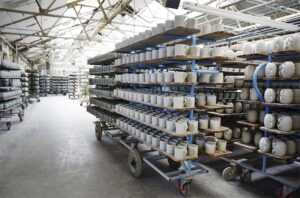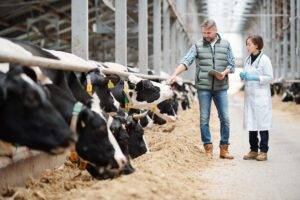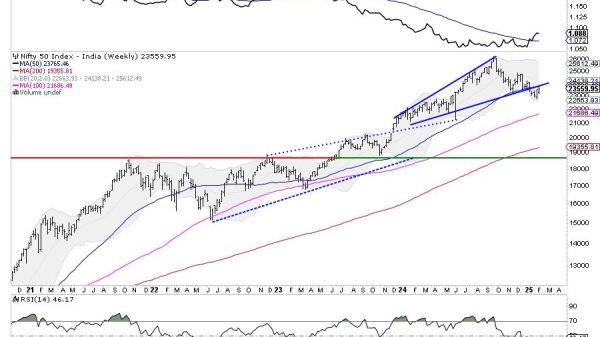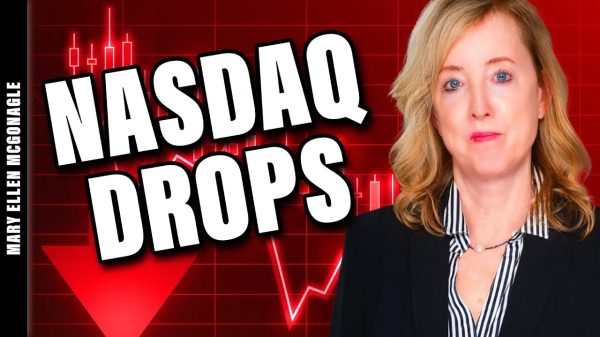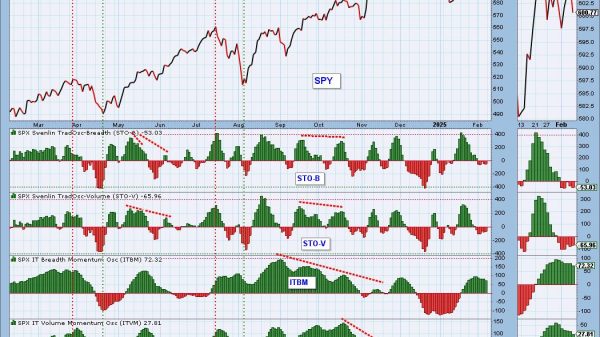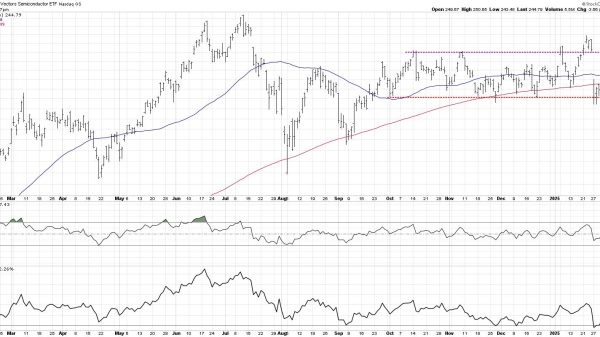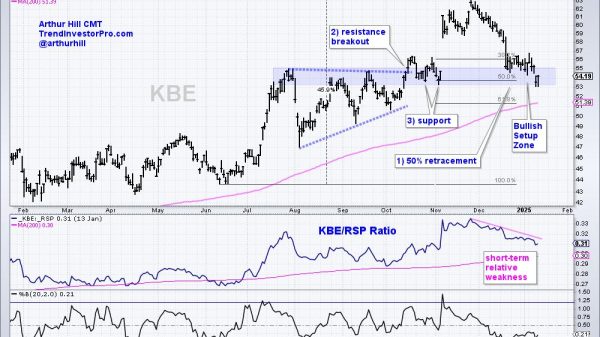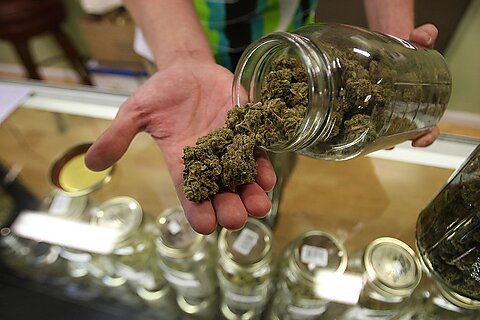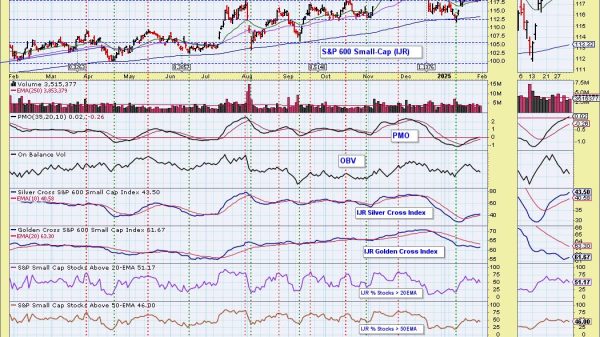
The UK’s dairy industry has warned that chronic worker shortages – worsened by Brexit and the pandemic – are threatening the country’s food security and driving up the risk of reduced production and higher prices.
A survey by Arla, the UK’s largest dairy co-operative and owner of the Lurpak and Cravendale brands, found that five in six farmers looking to recruit had received very few or no applications from qualified candidates. The finding reflects a growing struggle to find staff with the right skills, with 84% of farmers now citing hiring difficulties, up from 79% in 2021.
Producers said the end of free movement for EU workers, coupled with the economic fallout from Covid, has compounded long-standing challenges in recruitment across agriculture. Nearly half (48.6%) of respondents said retaining staff had become harder since Brexit and the pandemic, while only 5% reported any improvement.
The shortages are already having tangible effects: 13% of those surveyed said they would leave farming altogether in the next year if the situation does not improve, and 6% said they had been forced to cut milk production.
Although Arla’s total milk output has remained stable, its membership has fallen by about 300 over the past three years – from 2,100 to 1,900 – as farmers retire or consolidate herds. Members now account for almost a third of all UK dairy farmers.
Industry data from the Agriculture and Horticulture Development Board (AHDB) shows that nearly 200 British dairy farmers quit in the 12 months to April 2025, bringing the total number of producers down to 7,040. The sector has repeatedly warned that continued losses could undermine the UK’s self-sufficiency in liquid milk.
“What we’re seeing is the real impact of these workforce shortages on our farming industry, whether that’s in higher costs or lower milk production,” said Bas Padberg, managing director of Arla Foods UK. “The effect of this is ultimately going to be seen in the price and availability of products on the supermarket shelves, affecting the millions of people that rely on dairy as a source of nutrition.”
Arla runs its own apprenticeship and industrial placement schemes and has welcomed government recognition of the problem in the upcoming food strategy. But Padberg said “practical steps” from industry, educators and government were needed to attract new entrants – particularly younger workers – into the sector.
Like much of agriculture, dairy farming has an ageing workforce, with nearly half (47%) of farmers aged 55 or over. Most young people entering the industry do so through family connections: two-thirds of respondents said their farms had been in the family for at least four generations, while only 3% were first-generation farmers.
Read more:
Dairy farmers warn worker shortages are putting UK food security at risk



